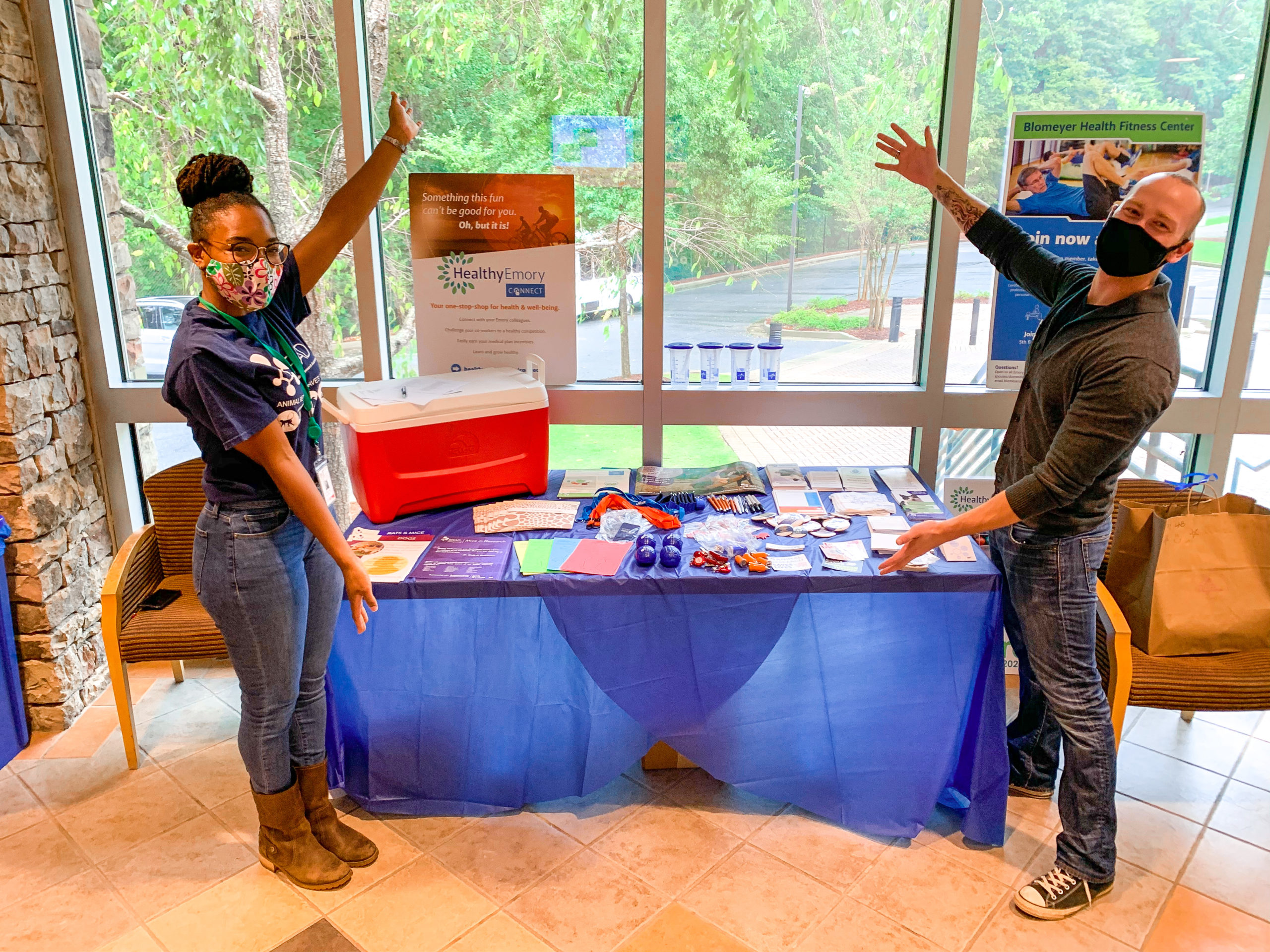The Pillar of PRIM&R designation was created by PRIM&R’s Board of Directors in 2006 to recognize individuals who were integral…
Read MoreBiomedical Research Awareness Day (BRAD) is an international outreach program through Americans for Medical Progress that seeks to increase public…
Read MoreIRBs come in many types, focusing on dramatically different categories of research from Phase I drug research to studies focused…
Read MoreWhen I began my remote role as an IRB support analyst in October 2020, I didn’t even know where to…
Read MoreThe ongoing pandemic has strained both hospital equipment and personnel resources and caused clinic staff to become less accessible for…
Read More



